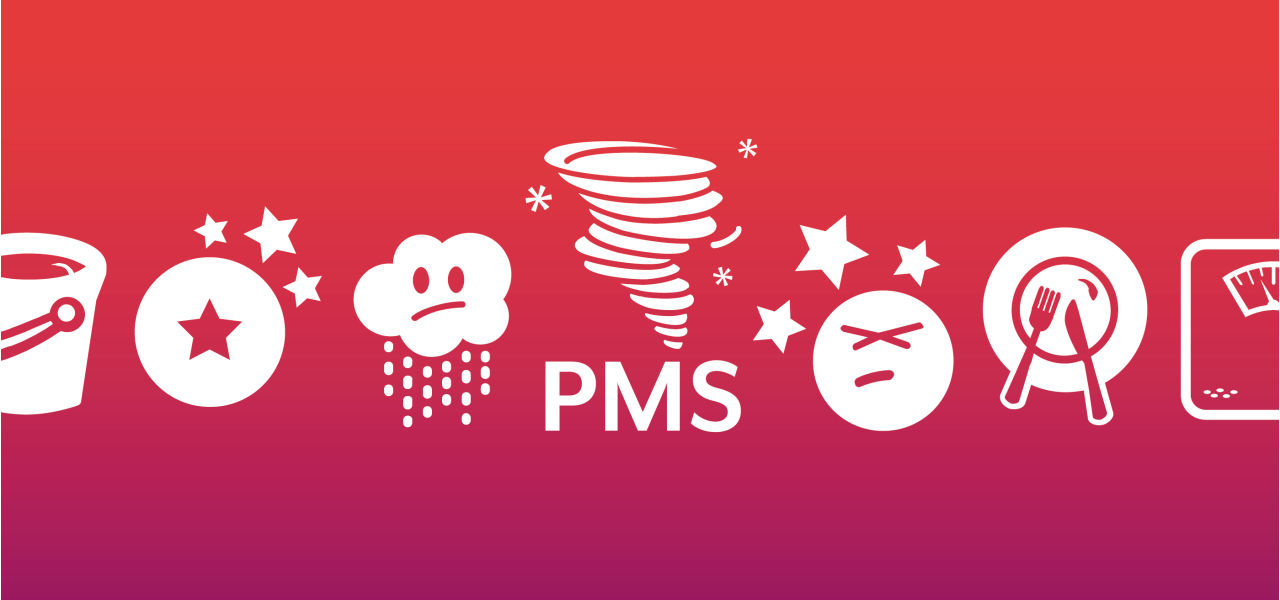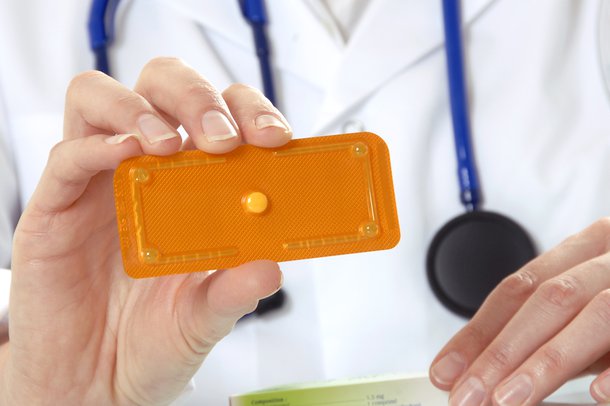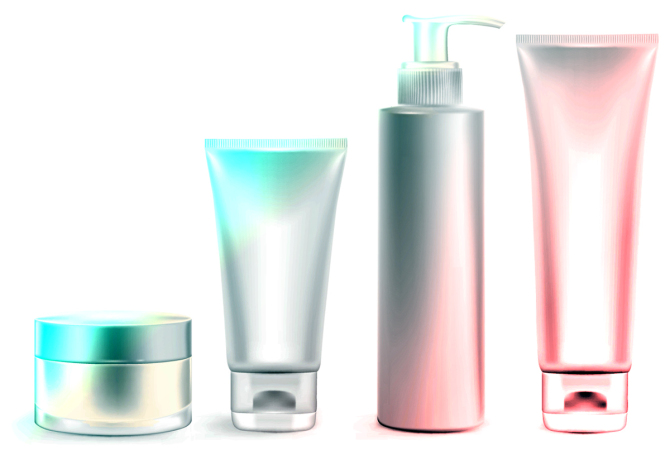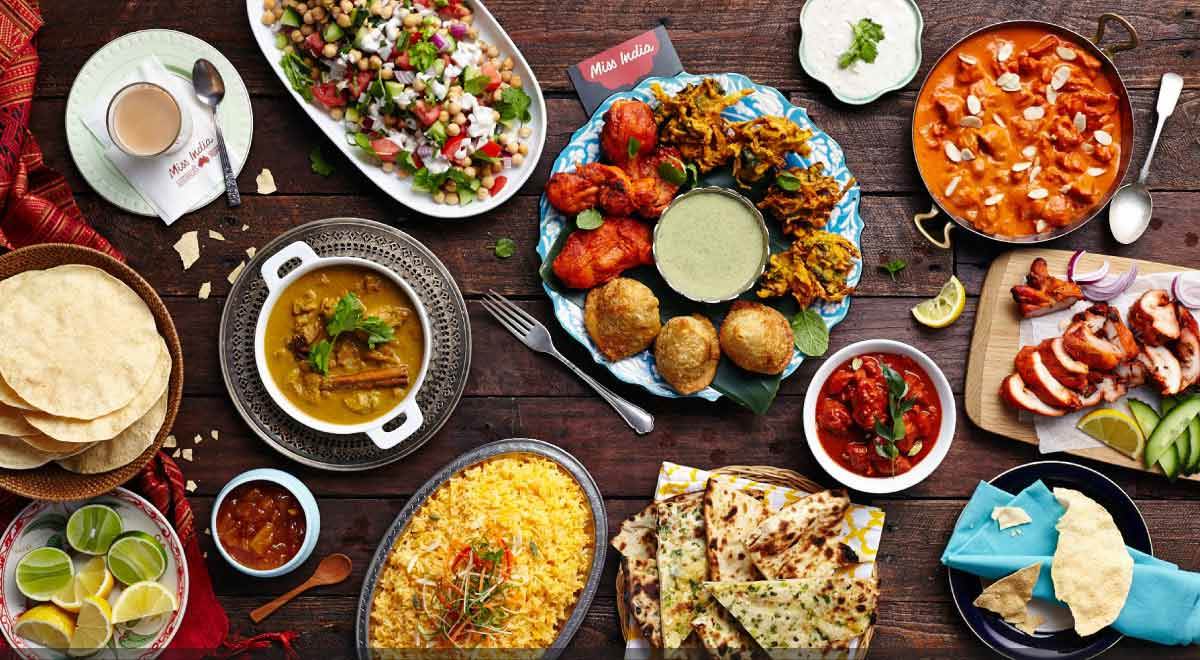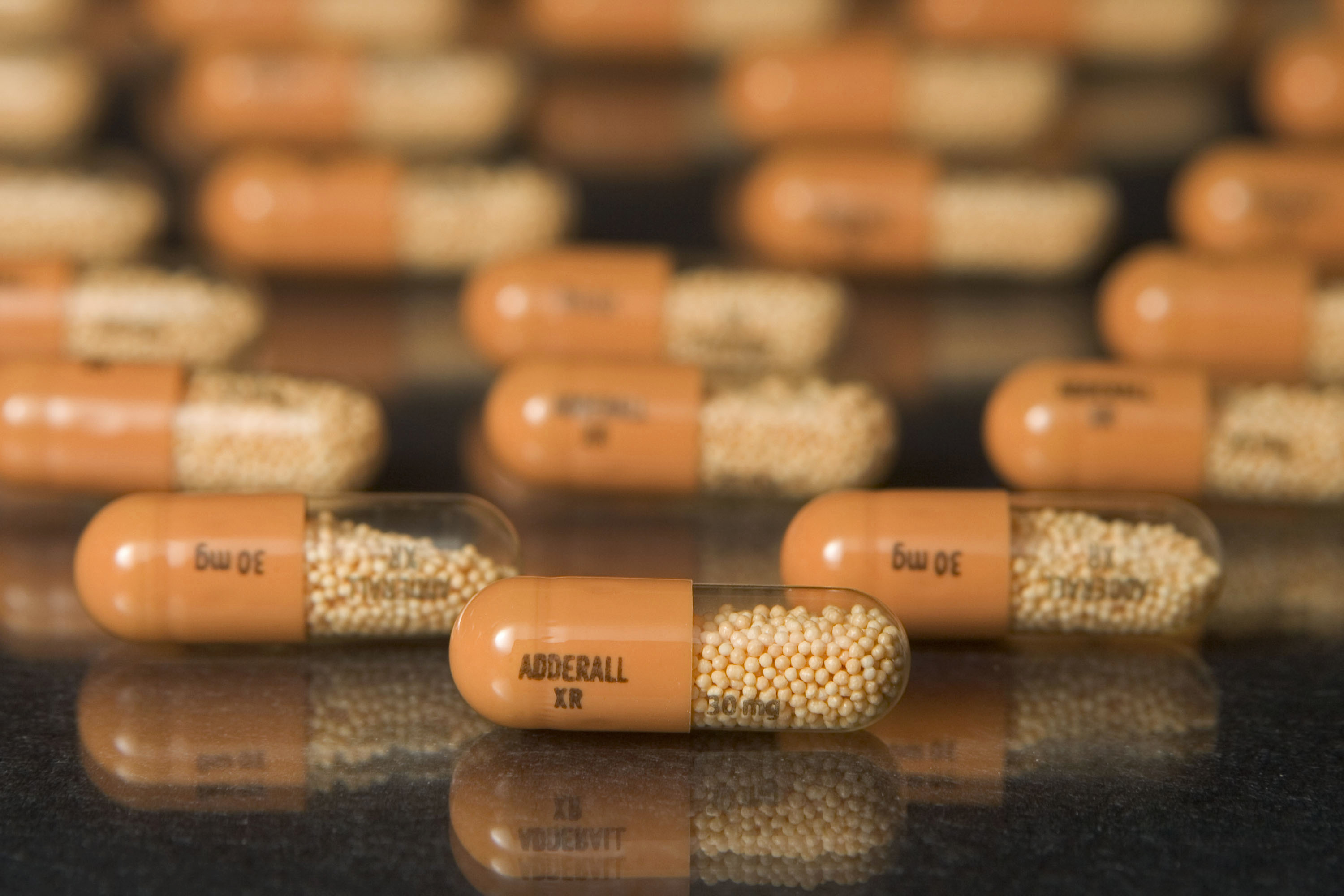We have all heard the phrase: “You are what you eat.” But did you know a woman’s diet is also heavily linked to her menstrual symptoms? PMS is linked to a cornucopia of complaints ranging from cramps, headaches, and swollen breasts to irritability, bloating, and food cravings. Not so fun! But new research has shown that the intake of several key vitamins and minerals can help reduce or eliminate these symptoms altogether. Here’s how:
Calcium
Studies have shown that higher milk consumption in girls leads to less cramping, bloating, and food cravings. The recommended intake is about 1,200 mg of calcium a day. Women who matched this intake showed 48% decreased PMS symptoms. Here are some calcium-rich foods to consider:
- 448 mg: 1 cup of yogurt
- 380 mg: 3.5 ounces of sardines with bones
- 300 mg: 1 cup of nonfat milk
- 250 mg: 1 ounce of cheese
- 175 mg: 1 tablespoon of black-strap molasses
- 153 mg: ½ cup of cottage cheese
- 140 mg: ½ cup of cooked spinach
- 138 mg: ½ cup of tofu
- 130 mg: ½ cup of cooked green soybeans (edamame)
- 119 mg: ½ cup of soy nuts
- 100 mg: 1 cup of cooked butternut squash
- 100 mg: ½ cup of cooked collard greens
Iron
New research has shown that women who take in the most iron experience 40% fewer symptoms than women who take in less. The recommended daily intake is 18 mg for women. To boost your iron intake, try these foods:
- Iron-enriched cereals and grains (check the labels)
- Beans, lentils, chick peas, and soybeans
- Dark, leafy greens (spinach, collards)
- Red meat, turkey, or chicken giblets
- Mollusks (oysters, clams, scallops)
- Dried fruit (prunes, raisins)
- Artichokes
- Egg yolks
- Liver
Other Anti-PMS Strategies
- Flaxseed, which has omega-3 fatty acids, has shown to be effective in reducing breast pain in women.
- Avoid taking in too much potassium. The recommended amount is 1,700 mg of potassium a day for adults. Too much potassium has been shown to lead to more severe PMS symptoms.
- Keep your sugar levels stable to avoid irritability. This means eating a healthy diet, reducing fats, and increasing exercise and sleep. Start by reducing caffeine intake and by eating fruits and vegetables.
- Don’t eat a high-fat diet—this has been shown to lead to breast pain during menstruation.
- Move it! Exercise releases endorphins and endorphins make you happy!
Article by Angie Zhang
Feature Image Source: Hello From Clue
